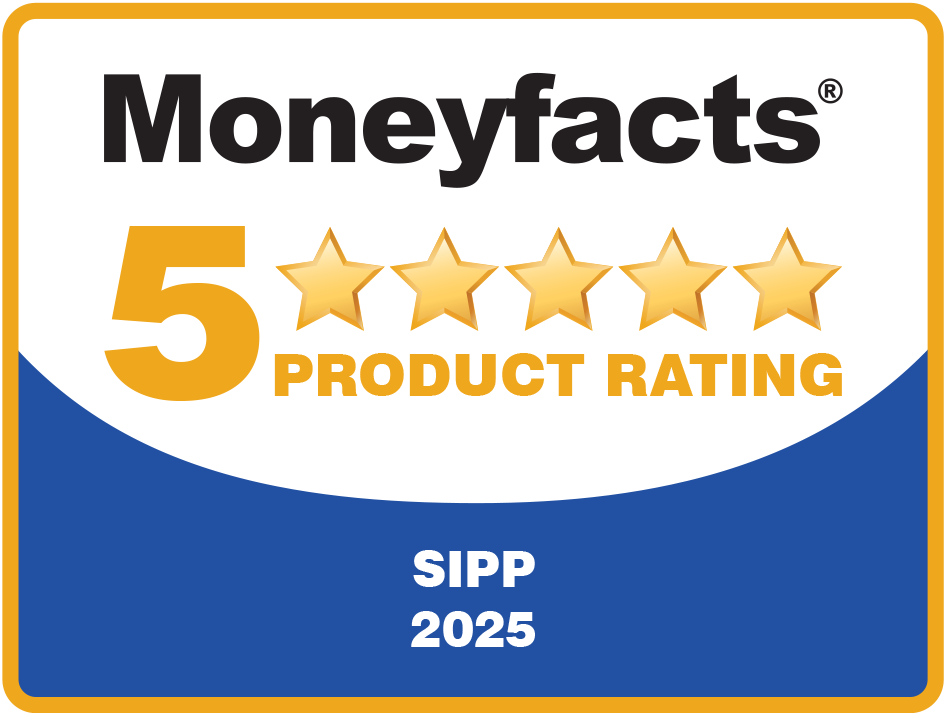7 of the big pension news stories of the year – it’s the 2024 IPM review
2024 has been another busy year for IPM. We have continued to see increased enquiry levels for our services and a rise in the number of advisers we work with. There have also been plenty of external factors that have kept us on our toes!
In addition to all this, we have been busy enhancing our online offering for advisers as part of our ongoing development of the IPM website.
Here are seven of the key areas that have kept IPM busy over the past 12 months.
1. Goodbye Lifetime Allowance…
It felt like a long goodbye but, on 6 April 2024, we said farewell to the Lifetime Allowance (LTA).
A staple and constant complexity in pension legislation since A-Day in April 2006, Jeremy Hunt confirmed in the March 2023 Budget that he would remove the LTA charge from April 2023 before the LTA would be abolished entirely from April 2024.
Of course, it’s never that simple and there has still been a test against people’s benefits at certain events post-April 2024 (more on that below).
Furthermore, in the lead-up to April 2024, there were still many unanswered questions from HMRC as to how a post-LTA pension landscape would look. These questions remained unanswered as we carried on throughout the year.
If you are feeling nostalgic you can catch up on what we wrote about the removal of the LTA some time ago.
2. …hello new allowances!
If it’s complexity and acronyms you’re after, never fear. As the LTA was on its way out, the new rules (post 6 April 2024) brought about a whole new set of acronyms for us to get our teeth into.
It soon became clear that pension benefits were still going to be tested at certain events throughout an individual’s lifetime.
Lump Sum Allowance (LSA)
Set at a standard level of £268,275, the LSA is an upper limit on certain lump sums paid in an individual’s lifetime, such as withdrawing a pension commencement lump sum (PCLS) or taking the tax-free element of an uncrystallised funds pension lump sum (UFPLS).
Transitional protection would still be available for those entitled to a higher amount.
Lump Sum Death Benefit Allowance (LSDBA)
In addition to lump sums tested against the LSA, the LSDBA considers lump sums paid in the event of death or ill health. Any lump sums previously drawn from benefits tested against the LSA will also need to be tested against the LSDBA before a payment is made.
In addition to the above, there are two further key areas we had to consider as a result of the new rules:
Transitional Tax-Free Amount Certificates (TTFAC)
The changes from percentage-based legislation (which is what the LTA worked on) to a monetary-based approach (where we find ourselves now) brought up several challenges.
One of these is that some individuals would be left worse off by the rule changes when a calculation against partially crystallised benefits is carried out against the LSA or LSDBA. One solution could be a TTFAC.
Overseas Transfer Allowance (OTA)
This will apply when benefits from UK-registered pension schemes are transferred overseas.
There is far more to all these points than we have covered above. You can read more and find more details in this useful article from April 2024.
3. The build-up to the Budget
We’re still trying to recover from the period from the end of September through to the first Labour Budget in 14 years on 30 October!
From July’s general election onwards, there was speculation that the Labour government would make major changes to the tax benefits around pensions.
The biggest concern was that the amount of pension commencement lump sum (PCLS) an individual could draw was going to be restricted to £100,000.
While this amount is still a substantial figure, given that IPM tends to work with our advisers’ high net worth clients, this type of reduction would have affected the amount a lot of clients would have been able to withdraw as a tax-free lump sum.
This speculation led to a significant increase in calls and emails from advisers and clients.
Some of these conversations centred around what we thought was going to happen in the Budget (we had no greater idea than anyone else!).
Other conversations were from advisers who said they had clients who wanted to take their PCLS, but this was not something they were able to advise on. A typical example was a client who had significant liquid assets outside of SIPPs and so the advice to take a PCLS did not stack up.
We then had many clients approach us directly saying that, despite the advice they had received, they still wanted to proceed.
During this time, there was a 400% increase in the number of PCLS payment requests we processed compared to the equivalent period in 2023. It was a testing time for our team, but we are proud that we managed to maintain our usual high service levels and processed all the requests made of us.
Of course, we all now know that no such announcement about PCLS was forthcoming in the Budget.
4. The Budget pension bombshell
We think it is fair to say that most people in financial services are now aware of the government’s plans to include defined contribution pension benefits in calculations for Inheritance Tax (IHT) from April 2027.
We have already seen the impact this announcement has had on people’s decision-making. Understandably, people are pausing to consider what impact this will have on their future financial plans.
Again, IPM knows nothing more than what is already in the public domain. We look forward to the outcome of the consultation period as, encouragingly, there is a significant lead-in period for pension providers to bring all systems and processes up to speed ahead of the new rules coming into force.
Read more about the IHT announcement and other pension-related matters from the Budget.
5. Continuing issues with pension transfer regulations
The pension transfer regulations introduced in November 2021 are still catching out both advisers and clients when making transfers to full SIPPs like ours.
This legislation was introduced to help prevent consumers from coming to financial harm by unknowingly transferring pension benefits, which could then result in a scam.
We have written about this numerous times over the last few years as bespoke SIPP providers such as IPM seem to be feeling the impact of these rules more acutely than others.
We fully support any legislation that is designed to protect consumers and the principles behind these rules are in the right spirit. However, we still have concerns and frustrations as to how these are working in practice when we are receiving transfers in.
Every transferring scheme we work with is trying to do the right thing by the client and adhere to the rules. This is good to see.
What is difficult is the inconsistency not just across providers, but in some instances on transfers from the same provider. On some occasions, transfers to IPM are processed seamlessly in the usual way. The following week, another transfer could be “amber flagged”.
With no opportunity for IPM to provide comfort to the transferring scheme, the only option is for the client to arrange a MoneyHelper appointment before the transfer can proceed.
Moreover, the timescales to get a MoneyHelper appointment are causing some frustration among clients. From what we understand, a wait of between four and six weeks is not unusual. Until this appointment has taken place, no further action will be taken on the transfer.
Finally, we still have some advisers contact us when an amber flag has been raised asking what all this is about!
We are hopeful that, in time, the more practical issues in implementing these rules will be addressed to ensure that we can all meet client expectations promptly.
6. Advisers can complete IPM paperwork online
You may recall our adviser survey we carried out earlier this year. Thanks very much to those of you who provided some invaluable feedback.
One of the most surprising outcomes from the survey was the number of advisers who were not aware of the enhancements we have made to our online offering over recent years.
- Most of IPM’s forms can now be completed electronically.
- The adviser online access now gives advisers and support staff the ability to raise IPM forms for digital signature by their clients. Once these are completed, they are then automatically sent to IPM for processing.
- Illustrations can now be raised online.
Find out more about what the IPM online access can offer you and your support staff – or log on here and take a look for yourself.
7. And finally… IPM had a big birthday!
November saw IPM celebrate its 25th birthday.

We are very proud of this milestone and the team we have built over the years. While it is always nice to look back we are also very much focused on looking forward.
What is the SIPP market going to look like over the next few years? How can IPM can still continue to support advisers and their clients to the highest possible standards?
With that said, we do not plan to deviate too much from our current approach. We have a strong belief that there is still a wealth of planning opportunities in the bespoke SIPP space and we want to ensure that IPM is best positioned to service advisers and clients in this area.
Thank you for your support over the last 25 years. Here is to the next 25!
Get in touch
If you want to have a chat about the potential of SIPPs for your clients, or any other aspects of pension planning, please contact us.
Email info@ipm-pensions.co.uk or call 01438 747151.



